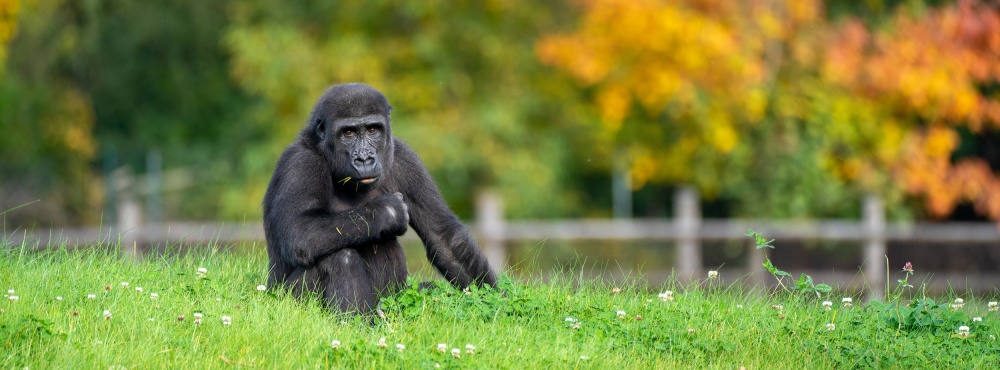Wait up a while before rewriting history

On Friday 23/2, I got the impression that a number of Czech media outlets, in anticipation of our ice hockey team’s important victory over the Russians at the Winter Olympics, had once again prepared headlines beginning with the words “Rewriting History ...” – so, when the game ended in our defeat, they used it for another news item that was topical at the moment. The unnamed newspapers thus rewrote history en bloc, a certain TV station rewrote the history of evolution, and the others rewrote the history of the horse. At the core of all of these cases was a finding from a scientific paper published in the journal Science that the Przewalski's horse is not in fact the last wild horse, but “merely” the feral descendant of a horse domesticated by the Botai culture some 5500 years ago in the territory of what is now Kazakhstan.
 Foto: Miroslav Bobek
Foto: Miroslav Bobek
Not to be too critical of our media, however, I must point out that the popularisation text that promoted the afore-mentioned scientific article, which was used by all as their basis, was more like advertising for Barnum, directly encouraging a tabloid understanding. Naturally, in such cases, it is necessary to read the source text and, above all, to maintain at least a certain degree of restraint, because such spectacular discoveries do not always pass the test of scientific debate to become new knowledge.
That debate followed hot on its heels. A number of experts, after reading the article in Science, began to comment in the following manner:
- Indeed, these are truly remarkable results that, based on DNA analyzes, prove that domesticated horses from the Botai culture are not the ancestors of our domestic horses (including mustangs and other feral forms), as was assumed. Surprisingly the nearest living horse species to these Botai horses is the Przewalski’s horse.
- But: based on the published results, it is not possible to unequivocally infer that the Przewalski’s horse is a feral descendant of the domesticated horse from the Botai culture. It is equally probable that five and a half thousand years ago the wild “Przewalski’s ”, i.e. their ancestors, could have been a source of horses for the Botai breeders.
Detailed reasoning will doubtlessly be published in the professional press. However, on the basis of the aforementioned truncation, it can be stated that rejecting the Przewalski’s horse as the “last wild horse” was somewhat premature.
Even if this is not the case, the article in Science only confirmed that the Przewalski’s is the last representative of a line of wild horses that lived east of the Volga. All other contemporary horses come from a different “European” line. Whether the Przewalski’s is actually the last wild horse or a feral horse that has been living in the wild for more than five thousand years, it makes no difference to their uniqueness and importance. On Friday, Professor Beth Shapiro of the University of California said, “Swapping the word ‘wild’ for ‘feral’ is a semantic change that may better reflect their evolutionary history but should not change their status. We should continue to protect Przewalski’s horses as a population of wild horses.”
There is nothing more to add. So when it comes to rewriting history, please wait a little while. It might not even be necessary to do so at all.
ZOOPRAHA.CZ
Contacts
- The Prague zoological garden
U Trojskeho zamku 120/3
171 00 Praha 7
Phone.: (+420) 296 112 230 (public relations department)
e-mail: zoopraha@zoopraha.cz
Others








